While working on master's and doctoral degrees at Oregon State University, Ali Trueworthy will develop a user-centered design methodology for high-performance wave energy devices during her fellowship.
Water Power Technologies Office
June 30, 2021For the 2021 cohort of Oak Ridge Institute for Science and Education (ORISE) Marine and Hydrokinetic (MHK) Graduate Student Research Program Fellows, every day is an opportunity to seek scientific solutions among the waves., While working on master's and doctoral degrees at Oregon State University, Ali Trueworthy will develop a user-centered design methodology for high-performance wave energy devices during her fellowship. Learn more about Ali's research topic and vision for an equitable energy future in the interview summary below.
How did your career path in the marine and hydrokinetic industry begin?
When I was a sophomore in college, I was at home on Christmas break and starting to think about what I wanted to do that summer. So, as one would do, I turned to Google to do some research. The keywords included “renewable energy” and “at sea” and “ocean internships” - probably a few others. After a while, I found Resolute Marine Energy, a wave energy company in Boston. Because I was living and going to school in Cambridge, Resolute Marine Energy felt like a perfect spot, so I emailed the CEO and asked if they took interns in the summer. They asked if I could start right away. So I did!
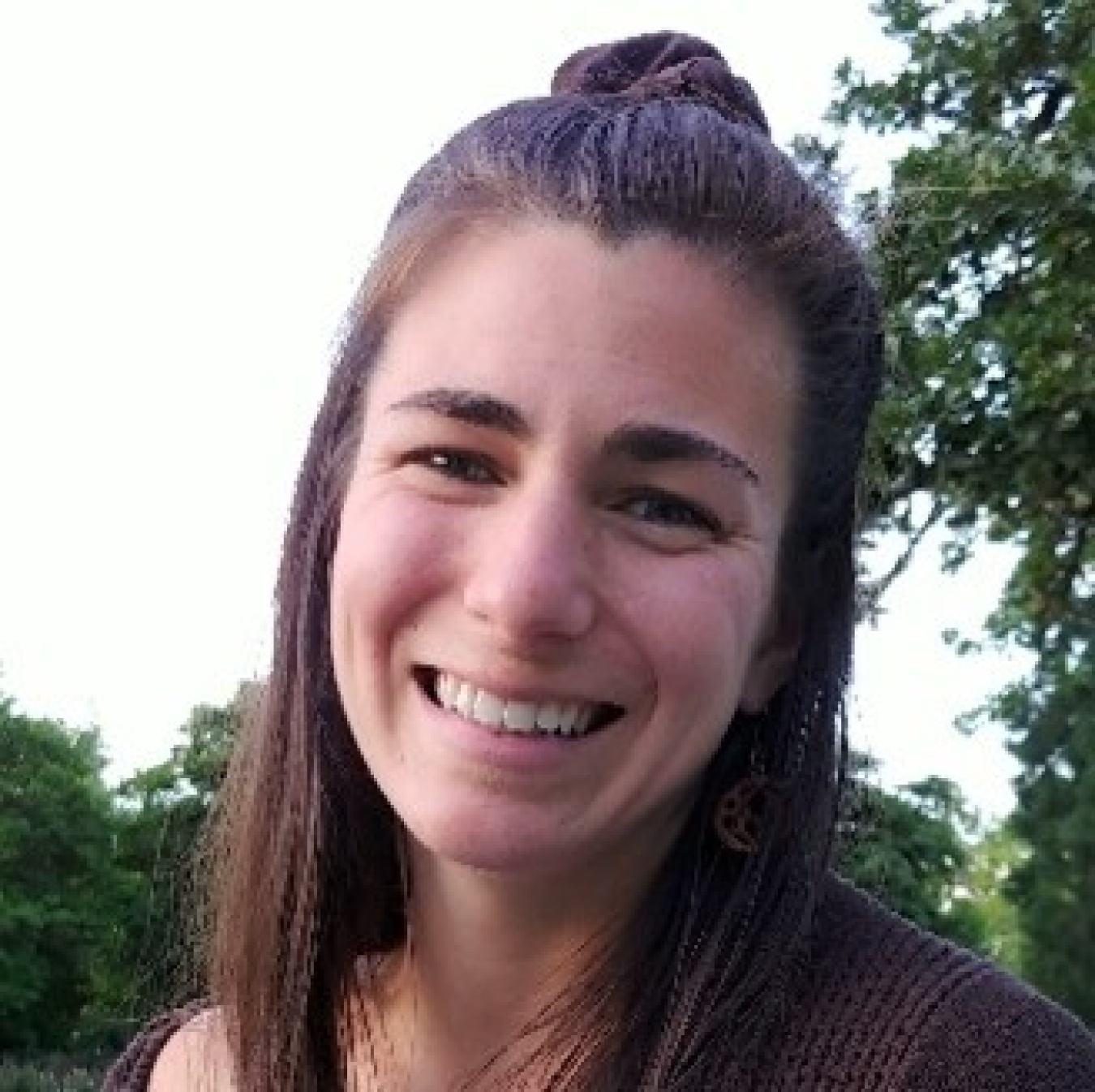
Ali's research interest in design methodologies focus on the intersections between wave energy and climate change. Photo courtesy of Ali Trueworthy.
What other experiences contributed to you becoming an ORISE fellow?
I've had a couple of other ocean-related roles. I worked with the Ocean Exploration Trust aboard the Nautilus on the remotely operated vehicles team and as a technician at a deep-sea biology lab under the incredible scientist, Professor Peter Girguis. I also conducted underwater acoustic work between undergrad and grad school.
What is your proposed research topic and why did you select it for this fellowship?
I'm currently a Ph.D. student in Mechanical Engineering and MA student in Environmental Arts and Humanities. In grad school, so far, I have been working on new approaches to improve wave energy systems design that incorporate the environmental and social aspects of renewable energy. For my ORISE fellowship, I proposed a project in which I could test those approaches. I am collaborating with Molly Grear at Pacific Northwest National Laboratory, and we will be working on site in Sitka, Alaska.
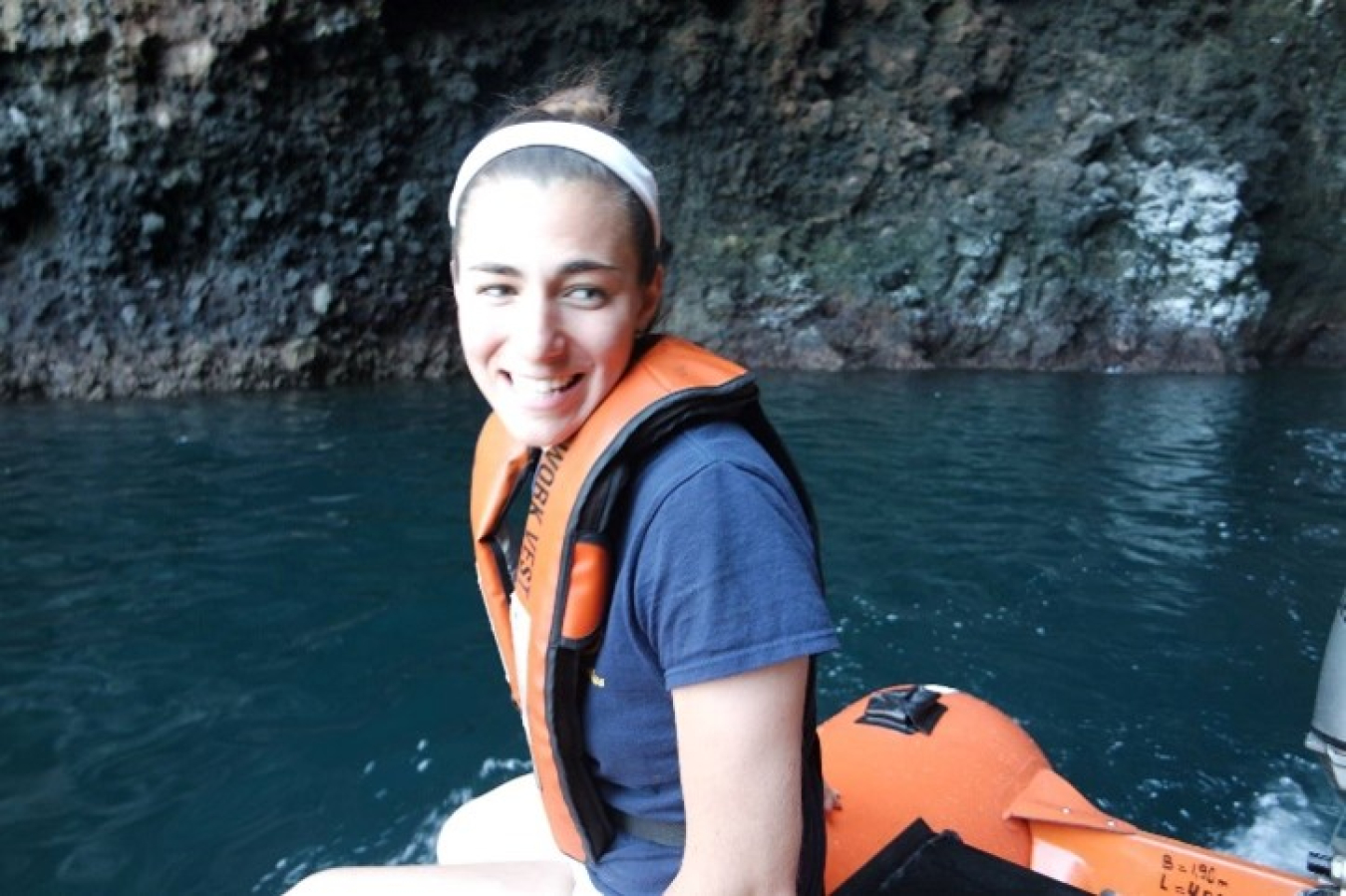
Ali, shown here during the 2016 Nautilus Exploration Program, started building her resume as an undergrad at Massachusetts Institute of Technology. Photo courtesy of Ali Trueworthy.
What does a typical day at work/school look like for you?
I think the answer to this one is probably pretty similar for a lot of researchers right now. For the past year, I have been working in the bedroom that I share with my partner, who is also a graduate student working in wave energy. Our desks are probably a foot and a half apart. Though, it looks like that will change during my ORISE fellowship. I will have a desk at the Sitka Sound Science Center for the first half of the year, then I will be back in Corvallis, Oregon, later in the year. By then, I hope I will have an office on campus full of friends again!
Do you have any advice for K-12 students who are interested in science/engineering?
Yes! I do have advice for students in K-12 interested in science and engineering! Keep reading and writing. Take the humanities seriously and find an environmental history class and take it.
What is your biggest dream for the future of clean energy in America?
My biggest dream is to collectively learn to consume far less energy and materials than we currently do and build new relationships with the land. I think those new relationships rely on a successful decolonizing movement. If done properly, clean energy can build a more just and equitable democracy and decolonizing indigenous communities in North America and abroad.
Learn about the other graduate students selected for the 2021 ORISE fellowship program.
-
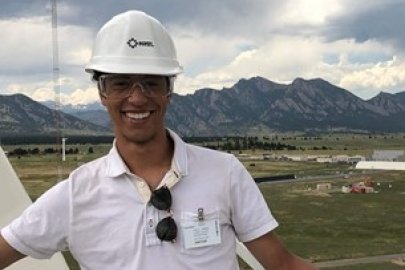 Trent Dillon, a Ph.D. student at the University of Washington in Seattle, will explore location-specific options and opportunities for the Makah Tribe in Neah Bay, Washington, to harness wave energy.
Trent Dillon, a Ph.D. student at the University of Washington in Seattle, will explore location-specific options and opportunities for the Makah Tribe in Neah Bay, Washington, to harness wave energy. -
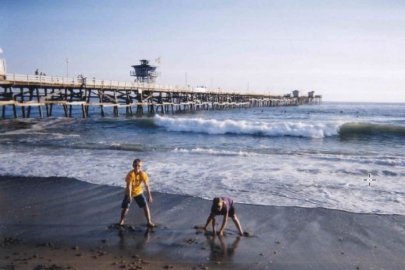 Michael Kelly, a Ph.D. student at the University of California, Berkeley, will assess how flexible-inflatable wave energy converters perform relative to their rigid counterparts when coupled with traditional, high-efficiency power take-off systems.
Michael Kelly, a Ph.D. student at the University of California, Berkeley, will assess how flexible-inflatable wave energy converters perform relative to their rigid counterparts when coupled with traditional, high-efficiency power take-off systems. -
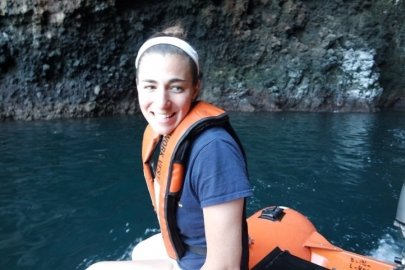 While working on master's and doctoral degrees at Oregon State University, Ali Trueworthy will develop a user-centered design methodology for high-performance wave energy devices during her fellowship.
While working on master's and doctoral degrees at Oregon State University, Ali Trueworthy will develop a user-centered design methodology for high-performance wave energy devices during her fellowship. -
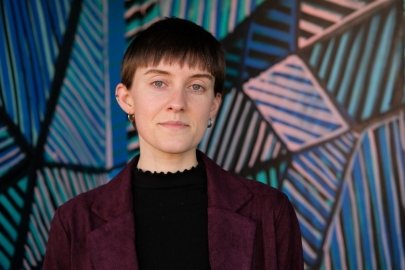 Katherine Van Ness will be leveraging computational modeling techniques to develop model simulations of laboratory-scale blade pitch control experiments.
Katherine Van Ness will be leveraging computational modeling techniques to develop model simulations of laboratory-scale blade pitch control experiments.

